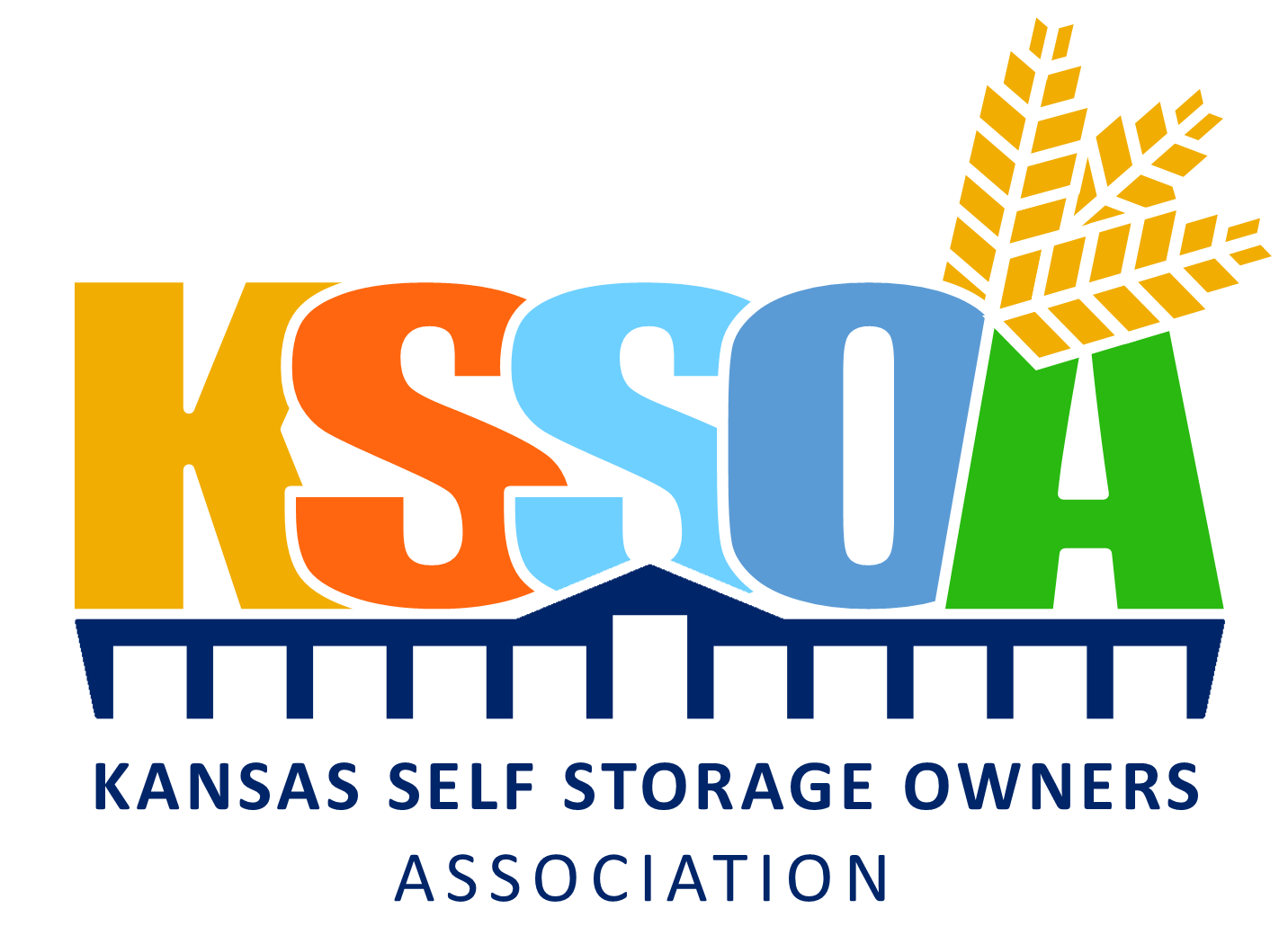SELF STORAGE FAQS
What is self-storage, and why would I use it?
Self-storage refers to a space or lockable unit in which customers store their personal property on a self-service basis. Self-storage allows customers who are relocating, selling a home, or simply looking for more space for their possessions an affordable, flexibly sized place to store the items. Businesses frequently use self-storage to store inventory or paperwork, rather than having to lease additional expensive commercial space. Unlike portable or door-to-door storage, self-storage customers have a key to the unit and/or code to entry gates so that they are not forced to make appointments to access their goods.
Will my possessions be safe?
There are no guarantees that accidents won’t happen, but self-storage facilities take great care in protecting your goods. Be sure to ask the storage facility what specific measures they have employed. Common self-storage security precautions can include: electronic access control, closed circuit video surveillance,on-site resident managers, perimeter fencing, perimeter alarms, door alarms, and fire alarms. The security of your belongings also includes the quality of construction, so make sure the unit is well built and clean and free of pests. We also recommend that renters use common sense. Regardless of security, don't store irreplaceable items or things of high value. Ask yourself, is this something I would store in my own garage? If not, don't put it into storage.
What exactly can I store in a storage unit?
Almost anything, from abacuses to zithers, even cars and boats. There are a few common sense things that can't be stored: pesticides, fertilizers, hazardous substances, burnable fuels, explosives, living things, things that give off odors or which can decay, contraband, and food that's not sealed in cans. Be sure to tell the storage operator the kinds of things you plan to store. They'll be glad to help you sort it out.
Do I have to have insurance on items that I store?
All self-storage operators highly recommend that you insure your stored possessions, but no self-service storage insures your property for you. That's your responsibility. Some self-storages do require that you insure your things. Most facilities offer low-cost insurance plans, or you can obtain insurance on your own. Be sure to check your homeowner's or apartment renter's policy. Many of them include coverage for your property stored away from home. Ask the storage operators about insurance when you rent space. They'll be happy to help you.
I’m not sure what size space I need. What should I do?
Ask the storage operators for their recommendations. They have lots of experience matching spaces to storage needs.
What is the best way to pack my storage unit?
Many operators have flyers with information on packing a storage unit. That same information may be available on the operators' web site. You can also check out KSSOA's Storage Tips!
What is the difference between climate controlled and air-conditioned storage?
Some operators offer cooled spaces, which they often refer to as climate controlled. Climate controlled may mean fully air-conditioned or evaporative cooled. Air-conditioned usually refers to air cooled by refrigeration, through the use of a condenser, and evaporative cooled refers to air cooled through water evaporation (swamp box). Climate controlled could also mean either heated and cooled to a constant temperature and humidity or just cooled by evaporation. Ask the self-storage operator exactly what is meant by climate controlled or air conditioned storage to make sure you are getting what you expect.
Why should I choose an KSSOA self-storage member?
KSSOA members subscribe to the KSSOA Code of Ethics and pride themselves on their professionalism, integrity, and service. Members also regularly attend KSSOA sponsored seminars and training to help them refine their professional skills.
Copyright © 2004 - . Kansas Self Storage Owners Association. All Rights Reserved.
The Kansas Self Storage Owners Association is a not-for-profit tax-exempt organization under Section 501-c-6 of the Internal Revenue Code.
